Many of us struggle with anger issues, finding it difficult to be patient and tolerant in the face of extreme provocation, whether it is from a disobedient child, an uncooperative colleague or a rude salesman. If you have a short fuse, you probably find yourself losing your temper frequently, raising your voice and getting aggressive, which only serves to worsen the situation and enhances the stress and negativity in your life.
Anger can also prevent you from thinking creatively, finding solutions and taking effective action. Ultimately, whenever you get angry, the person you harm the most is yourself.
So how can one manage one’s anger and thus become more peaceful? The best place to start is self-awareness – begin to notice when you get angry and why you do so. It could be because of an underlying perfectionist tendency in you, or a desire to have everything your way because of a strong sense that only you know what is right and what is wrong, or unrealistic expectations, or a fixed belief about what others should and shouldn’t do. When you adopt a more tolerant and realistic attitude towards others and stop taking life and yourself so seriously, you may find that you get provoked to anger less often. Often, an angry reaction is just a bad habit, and despite self awareness and an understanding of where it is coming from, it will require time and patience to develop a new way of expressing yourself to replace it.
The important thing is not to repress anger but to accept and acknowledge it with compassion, and then release it gently. Resisting it will only make it persist, and being hard on yourself or labelling yourself harshly for getting angry will only make it strengthen as your go-to emotion. Understanding the pattern in your anger and whether it’s coming from a deeper place or from a past experience which was not fully expressed, will help you release it. Ultimately, like other emotions, it needs to be fully acknowledged and embraced as part of the whole human being that you are, rather than repressed, resisted or condemned.
